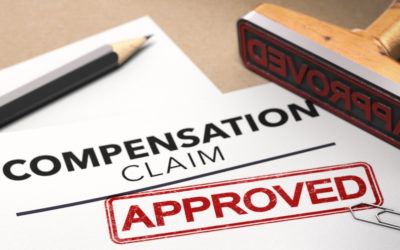The Basics of Workers’ Compensation:
Before delving into third-party claims, let’s revisit the fundamental concept of workers’ compensation. This system is designed to provide financial and medical benefits to employees who suffer work-related injuries or illnesses. It serves as a safety net, ensuring that employees are compensated for their medical expenses and lost wages, while employers are protected from lawsuits related to workplace injuries.
The Emergence of Third-Party Claims:
While workers’ compensation typically covers injuries and illnesses regardless of fault, there are situations where a third party, someone other than the employer or co-worker, may be responsible for the harm suffered by an employee. A third-party claim arises when a party external to the employer-employee relationship is found to have contributed to the injury.
Examples of Third-Party Claims:
Product Liability:
In cases where a defective product or piece of equipment is responsible for an employee’s injury, a third-party claim against the manufacturer or distributor may be pursued. This could include faulty machinery, tools, or safety equipment.
Negligence by Another Entity:
If the injury is a result of the negligence of a party not connected to the employer, such as a contractor, subcontractor, or property owner, a third-party claim can be initiated against that responsible entity.
Motor Vehicle Accidents:
For employees who are injured in a work-related motor vehicle accident caused by another driver’s negligence, a third-party claim against that driver may be applicable in addition to a workers’ compensation claim.
The Importance of Third-Party Claims:
While workers’ compensation provides essential benefits, it may not fully cover all the losses incurred by an injured employee. Third-party claims offer an avenue for seeking additional compensation beyond the scope of workers’ compensation benefits. This can include damages for pain and suffering, loss of consortium, and other non-economic losses that may not be recoverable through the workers’ compensation system.
The Legal Process:
Navigating the complexities of a third-party claim requires legal expertise. A skilled NJ workers’ compensation attorney can help assess the circumstances surrounding the injury, identify potential third parties at fault, and guide clients through the legal process. Coordination between workers’ compensation and third-party claims is essential to maximize the overall recovery for the injured employee.
Conclusion:
In the dynamic landscape of workers’ compensation law, understanding the concept of third-party claims is indispensable. Employees injured in the workplace should be aware of their rights and potential avenues for compensation beyond the traditional workers’ compensation system. With the guidance of a knowledgeable NJ workers’ compensation attorney, individuals can navigate the legal intricacies and pursue justice in the face of workplace injuries caused by third-party negligence.



